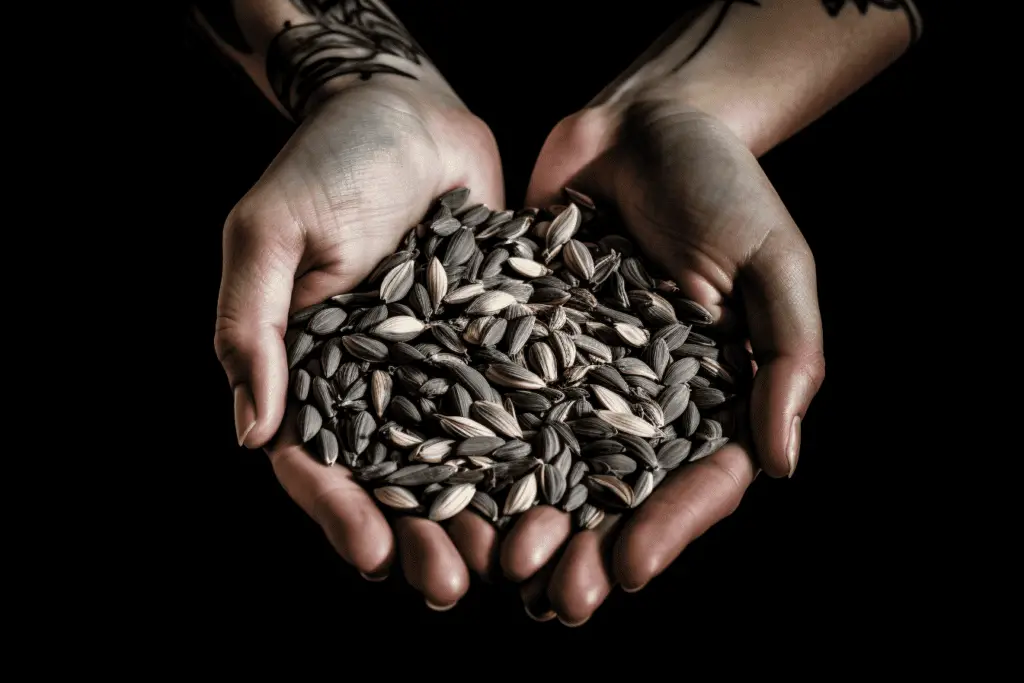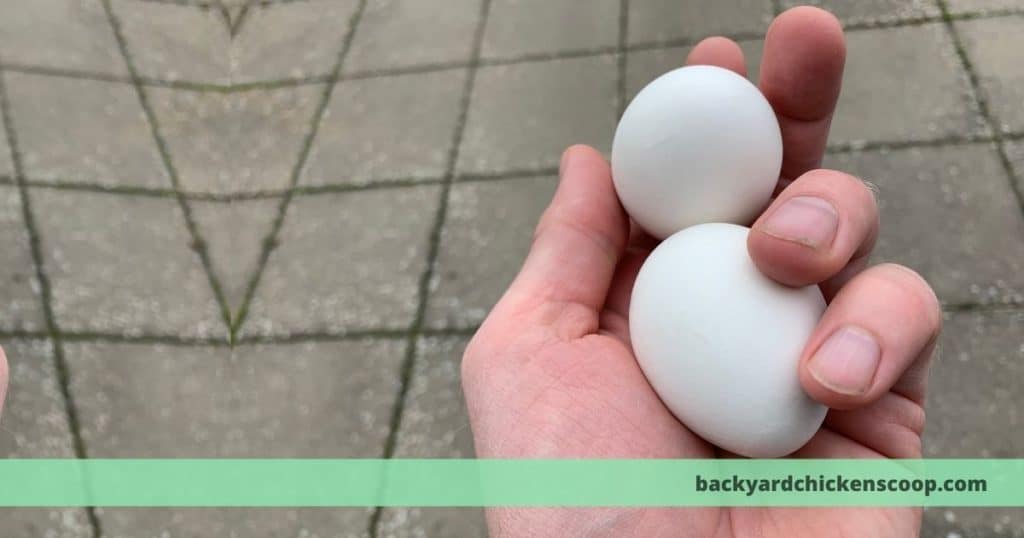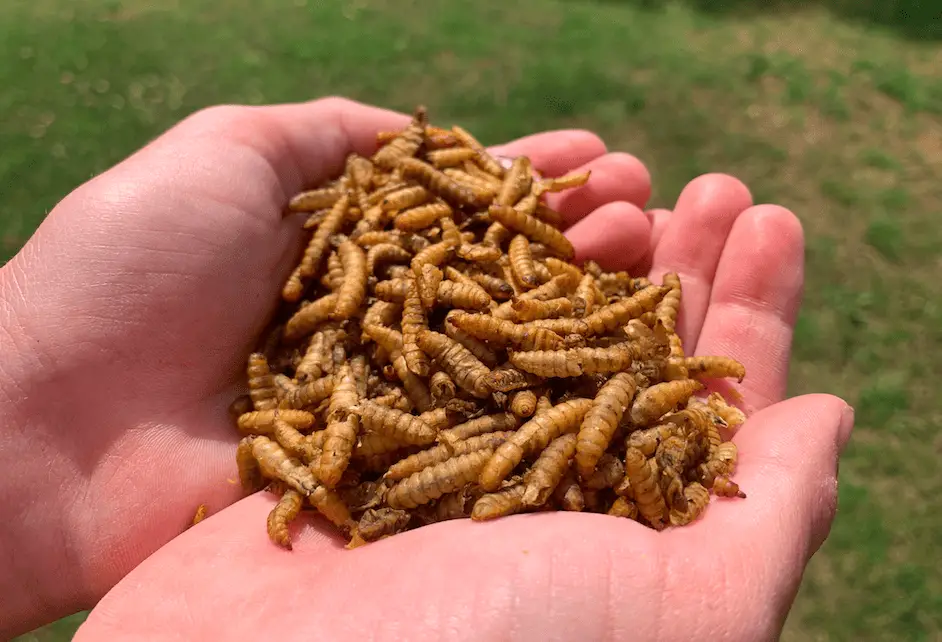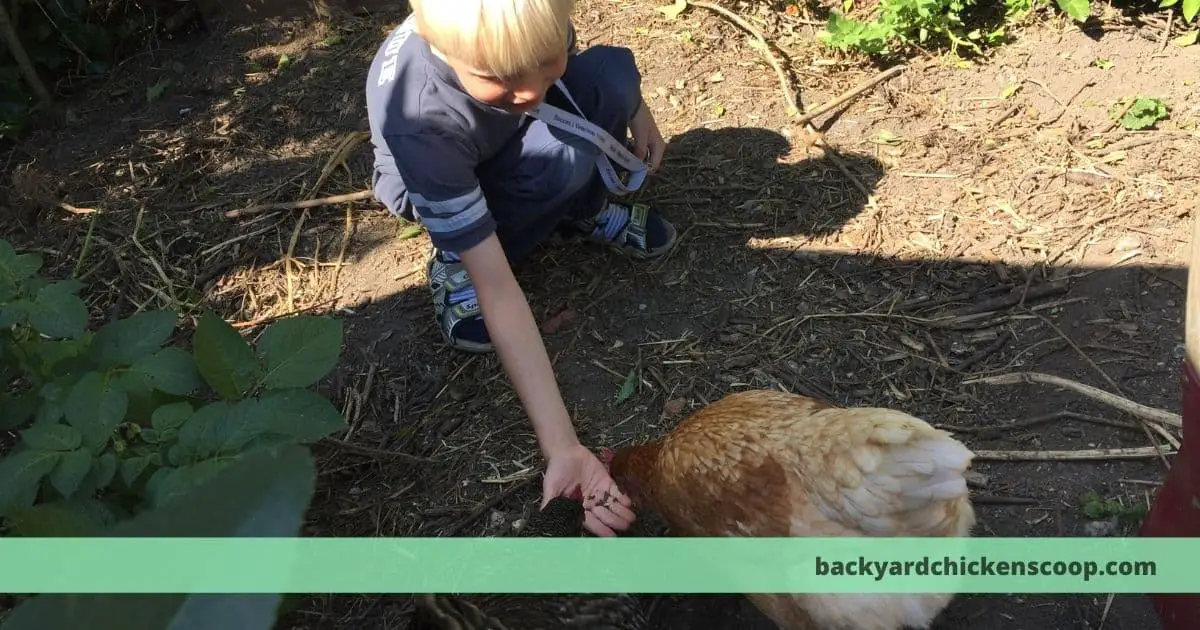Raising backyard chickens is not just about having fresh eggs every morning; it’s also about ensuring your feathered friends are healthy and happy. One common question among chicken owners is, “Can my chickens eat this?” To help you out, we’ve compiled an alphabetical list of various foods, along with whether or not they’re safe for your chickens, and any benefits or precautions you should be aware of.
A
- Alfalfa – Safe in moderation; a good source of protein and vitamins.
- Apples – Safe, but remove the seeds as they contain cyanide.
- Avocados – Not safe; the skin and pit contain persin, which is toxic to chickens.
B
- Bananas or Banana Peels – Safe in moderation; high in potassium.
- Basil – Safe and nutritious; has antibacterial properties.
- Beans – Cooked beans are safe; raw beans contain harmful toxins.
- Beer Brewing Malts – Generally safe in small amounts. They are a good source of protein and B vitamins but should be given as part of a varied diet to avoid digestive issues.
- Bird Food – Generally safe, but it’s better to provide chicken-specific feed for balanced nutrition.
- Black Sunflower Seeds – Safe and a great source of healthy fats and protein.
- Boiled Eggs – Safe and highly nutritious; ensure they are cooked.
- Bread – Safe in small amounts; too much can lead to obesity.

C
- Carrots – Safe and healthy, either raw or cooked.
- Cat Food – Not safe as a regular diet; too high in protein and could contain ingredients harmful to chickens.
- Cauliflower – Safe and nutritious.
- Celery – Safe, but cut into small pieces to prevent choking.
- Clover – Safe and a good source of nutrients.
E
- Eggs – Both cooked and raw eggs are okay. It’s a great source of protein for them. However, they should be fed sparingly to avoid encouraging egg-eating behavior.
- Eggshells – Chickens can eat crushed eggshells. They provide a good source of calcium, which is essential for healthy egg production. Ensure the shells are crushed finely to prevent them from being them as egg material, which could lead to egg-eating habits.

F
- Fennel – Safe; provides vitamins and can help repel pests.
- Frogs – Generally safe, but avoid if you use pesticides that frogs could carry.
G
- Garlic – Safe in small amounts; can boost immune health.
- Grapes – Safe; cut in half to prevent choking.
K
- Kale – Safe and very nutritious.
- Kidney Beans – Only safe if cooked thoroughly; raw beans are toxic.
L
- Lawn Grass, Cut – Safe in moderation, but ensure it is free from fertilizer, pesticides, and herbicides. It’s a good source of greens, though it should not replace their primary food source.
- Lettuce – Safe, but opt for darker, more nutritious varieties.
M
- Mice – Chickens can eat mice and it’s generally safe, reflecting their natural behavior.
- Mealworms – Safe and an excellent source of protein.

O
- Oats – Safe; a good source of energy and nutrients.
- Oranges – Safe, but not all chickens like the strong citrus flavor.
P
- Popcorn – Safe if it’s plain and fully popped; avoid buttered and salted varieties.
- Pumpkins – Safe and nutritious; seeds can help prevent parasites.
- Pumpkin Seeds – Safe and a good source of nutrients.
R
- Rice – Safe, both cooked and uncooked, but in moderation.
S
- Seashells – Safe. Crushed seashells can be an excellent source of calcium for laying hens, helping to ensure strong eggshells.
- Spinach – Safe, but contains oxalic acid, so feed in moderation.
- Squash – Safe and nutritious; seeds are particularly good.
- Sweet Potatoes – Safe, including the leaves and vines.
T
- Tomatoes – Safe, but the green parts of the plant are toxic.
This list provides a basic guideline. However, always ensure that the majority of your chickens’ diet comes from a balanced, high-quality poultry feed, supplementing with these items as treats in moderation.
You might also find my guide to Emergency Feed: What to feed chickens if you run out interesting here…

